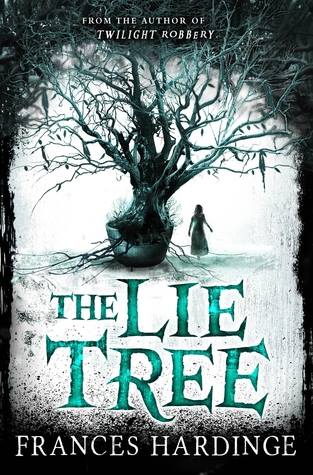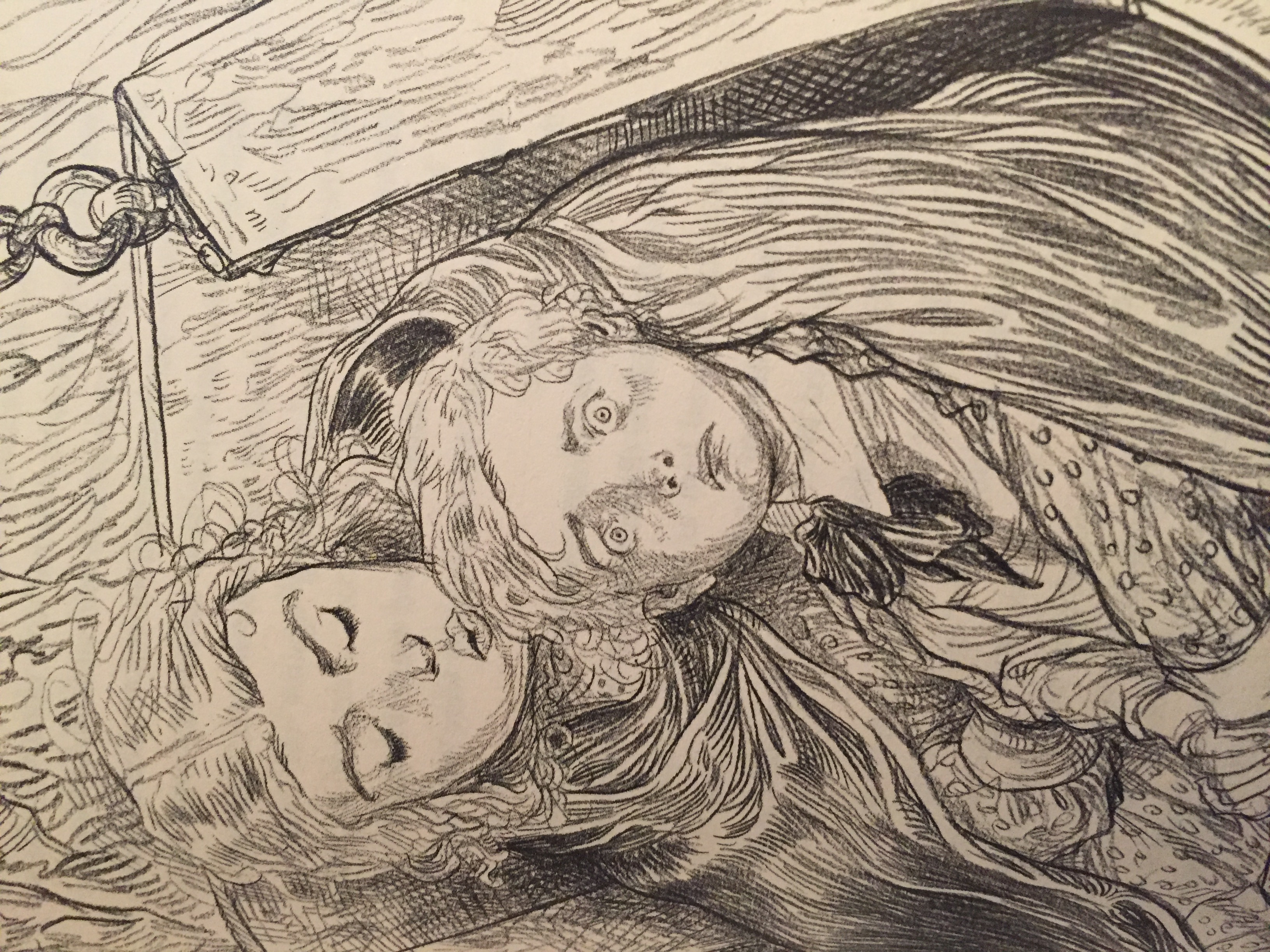The Lie Tree by Frances Hardinge is set in the 1800s and explores issues of truth, the patriarchy and self empowerment.
Faith is a fourteen year old girl and daughter to a famous naturalist. She’s clever and curious, but she’s held back because she’s a girl. Faith struggles with being intelligent in a society where skulls are measured for intelligence and a woman’s worth is dependent on marrying well. Her younger brother Howard, who she adores, is clearly the favourite and, despite being only six years old, is treated very differently compared to his sister.
When scandal sends her family to Vane Island on the pretense of her father assisting on an archaeological dig, Faith begins to notice her brilliant father acting strangely. When he appears to bring her into his confidence, she’s thrilled and her admiration and love for her father seems justified. This is short lived. When tragedy strikes the family and the island community turns on them, she learns of a plant her father had discovered while in China. It’s a mystical tree that feeds on lies and in return offers fruit that reveals a truth. Faith quickly uses her invisibility as a girl, and the fact that she’s always underestimated, to find revenge on the locals while seeking the truth about what really happened to her father with help from the lie tree.
I loved how human Faith is. She loves her family, yet is jealous of her little brother and disgusted with her mother’s behaviour to ensure their social standing. She’s desperate for her father’s love, and it’s this love that blinds her to his faults. Restricted by the role society enforces upon her, she wants to be noticed for how clever she is rather than patronised or dismissed because of her gender. She’s just as flawed as the other characters, but she grows as she realises that her actions have consequences.
Unlike other novels where the protagonist is generally surrounded by a support cast (like a best friend or a love interest), Faith is on her own for most of the novel. She does develop a friend/enemy with a local boy her age, but this only really occurs at the end of the novel. This emphasises Faith’s loneliness and isolation, even within her family.
The Lie Tree is also beautifully printed. My copy was a hardback, pages stunningly illustrated by Chris Riddell, and it made the reading a true pleasure. I could not stop giggling over how well Faith’s brother’s absolute horror is portrayed when the dig basket suddenly drops.


